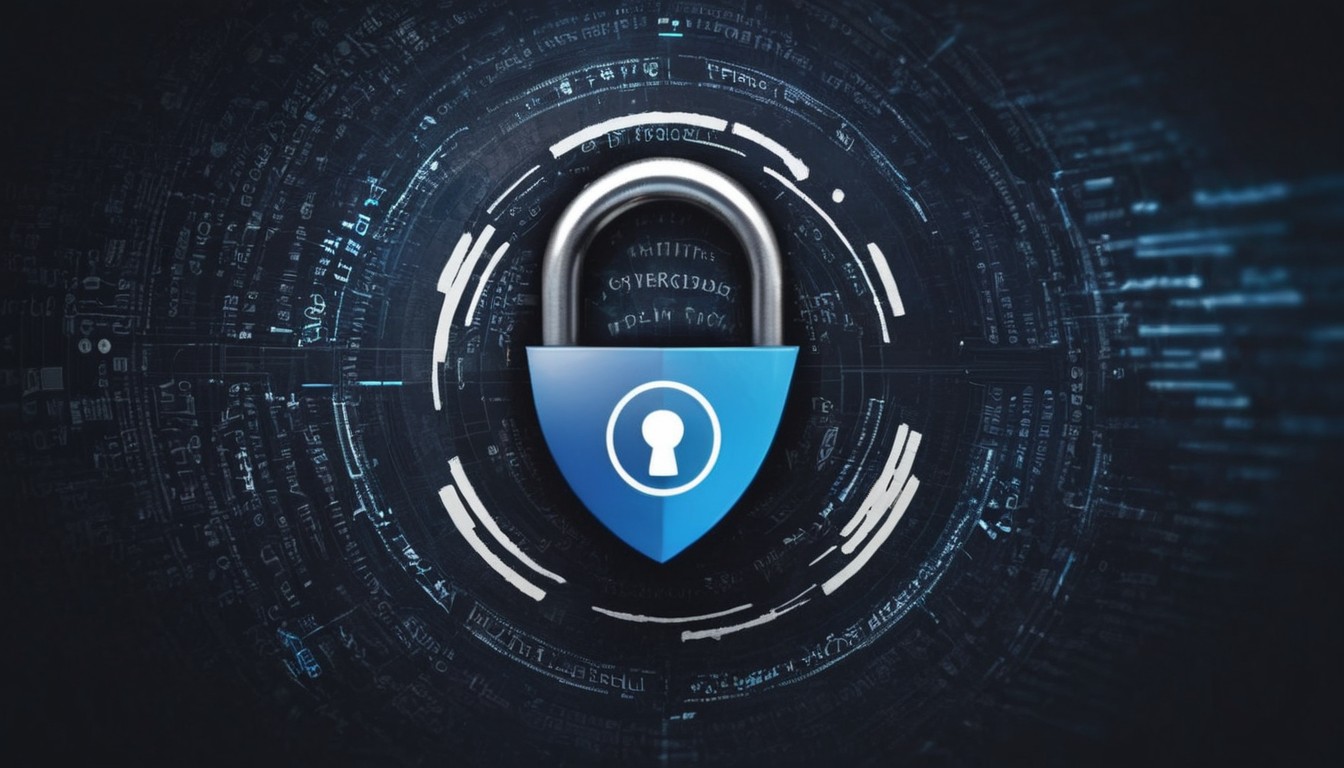In the realm of cybersecurity, firewalls play a crucial role as the first line of defense against external threats. However, their functionality goes beyond merely blocking unauthorized access. Firewall logs, the records of traffic passing through the firewall, are invaluable for effective incident response. At SafeNet, we understand the critical importance of leveraging firewall logs to detect, analyze, and respond to security incidents. In this blog post, we will delve into the role of firewall logs in incident response and how SafeNet Firewalls can enhance your organization’s security posture.
Understanding Firewall Logs
Firewall logs are detailed records that capture information about network traffic passing through the firewall. These logs include data such as source and destination IP addresses, port numbers, protocols, timestamps, and the action taken by the firewall (allow or deny). By analyzing these logs, organizations can gain insights into network activity, identify anomalies, and detect potential security threats.
Key Benefits of Firewall Logs in Incident Response
- Early Threat Detection: Firewall logs provide real-time visibility into network traffic, enabling the early detection of suspicious activities. By continuously monitoring these logs, SafeNet Firewalls can identify patterns indicative of malicious behavior, such as repeated failed login attempts, unusual data transfers, or connections to known malicious IP addresses.
- Comprehensive Incident Analysis: In the event of a security incident, firewall logs offer a detailed account of network activities leading up to, during, and after the event. This information is critical for conducting thorough incident analysis, understanding the scope and impact of the breach, and identifying the attack vector. SafeNet Firewalls ensure that these logs are detailed and accessible for in-depth analysis.
- Forensic Investigations: Firewall logs serve as a valuable resource for forensic investigations. They provide a chronological record of events, which can be used to reconstruct the timeline of an attack, trace the origin of the threat, and gather evidence for legal proceedings. SafeNet’s firewall solutions offer robust logging capabilities to support comprehensive forensic investigations.
- Compliance and Reporting: Many regulatory frameworks and industry standards require organizations to maintain detailed logs of network activity for compliance purposes. Firewall logs help meet these requirements by providing a documented trail of security-related events. SafeNet Firewalls facilitate compliance by offering customizable logging and reporting features.
- Proactive Threat Hunting: Beyond reactive incident response, firewall logs enable proactive threat hunting. Security teams can analyze historical log data to identify trends, uncover hidden threats, and anticipate potential attacks. SafeNet’s advanced logging and analytics tools empower organizations to stay ahead of emerging threats.
Implementing Effective Firewall Log Management
To maximize the benefits of firewall logs in incident response, organizations should adopt best practices for effective log management. Here are some key strategies:
- Centralized Log Collection and Storage: Implement a centralized logging solution to collect and store firewall logs from multiple devices in a single location. This ensures that all log data is readily available for analysis and reduces the risk of data loss. SafeNet offers centralized log management solutions to streamline log collection and storage.
- Regular Log Monitoring and Analysis: Establish a routine for regular log monitoring and analysis to detect anomalies and identify potential security incidents. Automated log analysis tools can help parse through vast amounts of data and highlight critical events. SafeNet’s security solutions include advanced log monitoring and analysis capabilities.
- Retention Policies and Data Integrity: Define log retention policies to ensure that log data is retained for an appropriate period, in line with compliance requirements and business needs. Additionally, ensure the integrity of log data by implementing measures to protect logs from tampering or unauthorized access. SafeNet Firewalls support configurable retention policies and robust data integrity measures.
- Integration with SIEM Solutions: Integrate firewall logs with Security Information and Event Management (SIEM) solutions to correlate log data from various sources and gain a holistic view of the security landscape. SafeNet’s firewalls are compatible with leading SIEM platforms, enhancing the effectiveness of your incident response efforts.
Firewall logs are a vital component of an effective incident response strategy. They provide the visibility, context, and evidence needed to detect, analyze, and respond to security incidents. At SafeNet, we are committed to providing top-tier firewall solutions that enhance your organization’s ability to leverage firewall logs for robust incident response.
Protect your network and ensure comprehensive incident response with SafeNet Firewalls. Contact us today to learn more about our advanced firewall solutions and how they can enhance your cybersecurity posture.





